Can the BBC weather the impartiality storm?
MPs’ questions failed to land any ‘killer blows’ to quell the ‘seismic outrage’ faced by the BBC
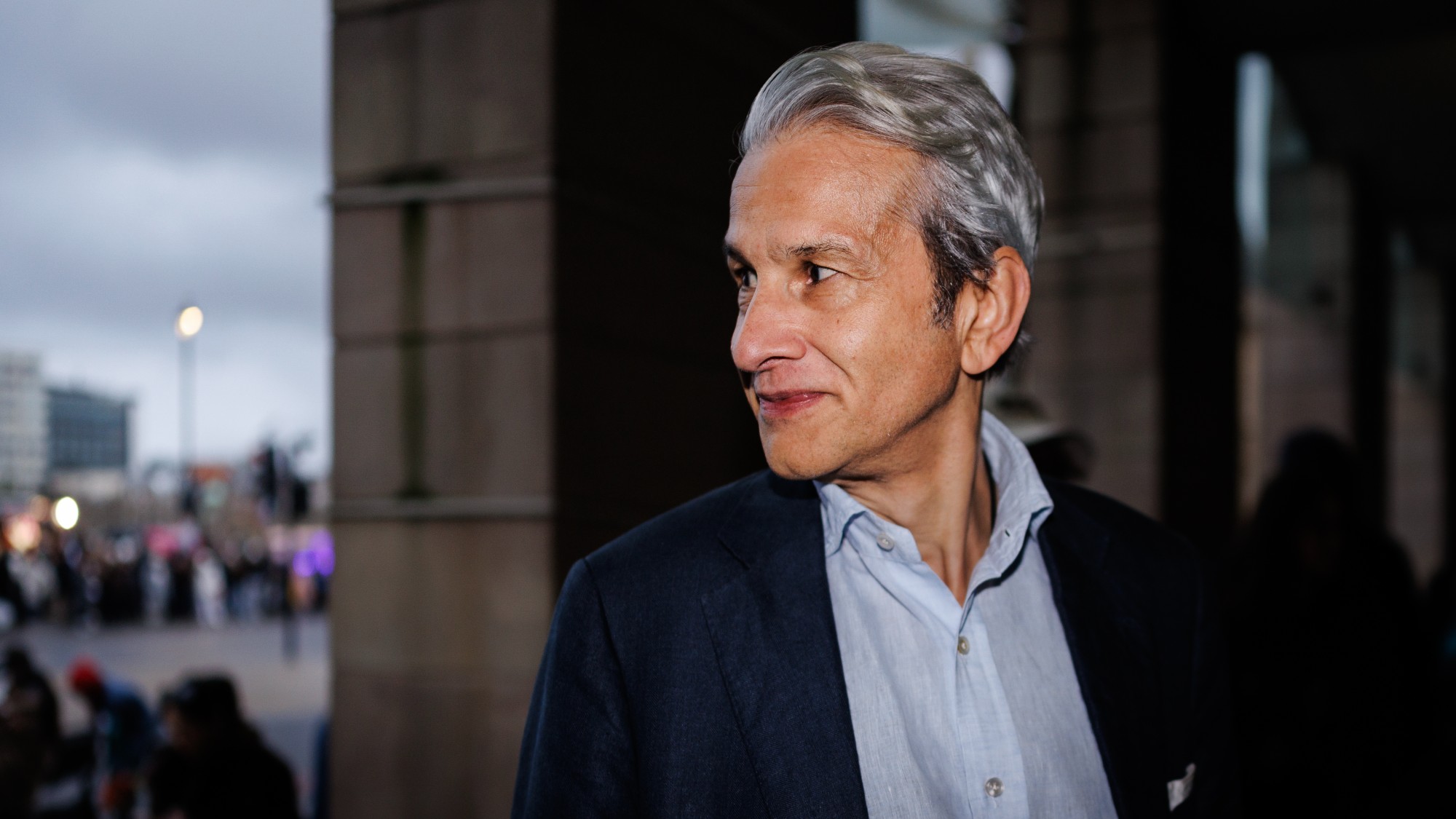
A free daily email with the biggest news stories of the day – and the best features from TheWeek.com
You are now subscribed
Your newsletter sign-up was successful
BBC chair Samir Shah appeared in front of a Commons select committee yesterday to answer questions over the departures of director general Tim Davie and news chief Deborah Turness, as well as allegations of “institutional bias” at the corporation.
The committee chair Caroline Dinenage appeared less than satisfied with Shah’s answers, describing his comments as “wishy-washy”. Conservative MP Dinenage told the BBC that the committee was not “wildly enthused that the board is in safe hands. There are clearly some issues of governance – there is clearly some chaos at the heart of the BBC board.”
What did the commentators say?
If you were expecting a “gladiatorial showdown” at the Culture, Media and Sport committee hearing on Monday, “you'd have been left wondering where the swords were”, said Katie Razzall on the BBC. A “nervous” Shah soon relaxed when “he realised these MPs had not come equipped for mortal combat”.
The Week
Escape your echo chamber. Get the facts behind the news, plus analysis from multiple perspectives.

Sign up for The Week's Free Newsletters
From our morning news briefing to a weekly Good News Newsletter, get the best of The Week delivered directly to your inbox.
From our morning news briefing to a weekly Good News Newsletter, get the best of The Week delivered directly to your inbox.
Both Shah and Michael Prescott – the former journalist and editorial adviser to the BBC who wrote the damning internal memo on bias in its reporting that was leaked to The Telegraph – dismissed claims that the BBC was institutionally biased.
Robbie Gibb, the BBC board member and former communications chief for Tory prime minister Theresa May who himself has been accused of political interference, also played down rumours of a “politically motivated coup” as “ridiculous” and “complete nonsense”. “Whether that is enough to quell the critics is another matter”, said Razzall, and it “certainly didn't make riveting TV”.
Compared to the “seismic outrage” against the BBC in the last month, disappointingly, “there was nothing much to write home about” after the committee hearing, said former Guardian editor Alan Rusbridger in The Independent. This “gentle nudging” by MPs “would not have been out of place at a rural Quaker meeting house”, and took us no closer to understanding what the alleged problems at the BBC are.
Shah’s explanations “came tumbling out, but it was not entirely clear what they meant”, and any reasoning for the delays in responding to the Donald Trump “Panorama” video scandal “was not easy to follow”.
A free daily email with the biggest news stories of the day – and the best features from TheWeek.com
In short, “a force 10 typhoon had just ripped through a great national institution. But nobody could quite put their finger on why.”
What next?
On top of appointing a new director general and CEO of news, the BBC must contend with a possible legal battle with Donald Trump over the October 2024 “Panorama” episode that included a misleading edit of a speech he made prior to the 6 January riots in 2021. The US president has threatened to sue the BBC for between $1 billion and $5 billion.
This is “a moment of peril” for the broadcaster, said former BBC chief creative officer Pat Younge in The Guardian. We must not ape the US, where “sycophantic media executives have caved in to politically motivated legal threats”. A strong BBC needs several guarantees: a permanent charter, a “proper funding settlement”, a governance board “appointed by an independent body” and a renewed commitment to ensuring content reflects “the lives of nations and regions throughout the country”.
Will Barker joined The Week team as a staff writer in 2025, covering UK and global news and politics. He previously worked at the Financial Times and The Sun, contributing to the arts and world news desks, respectively. Before that, he achieved a gold-standard NCTJ Diploma at News Associates in Twickenham, with specialisms in media law and data journalism. While studying for his diploma, he also wrote for the South West Londoner, and channelled his passion for sport by reporting for The Cricket Paper. As an undergraduate of Merton College, University of Oxford, Will read English and French, and he also has an M.Phil in literary translation from Trinity College Dublin.
-
 The environmental cost of GLP-1s
The environmental cost of GLP-1sThe explainer Producing the drugs is a dirty process
-
 Greenland’s capital becomes ground zero for the country’s diplomatic straits
Greenland’s capital becomes ground zero for the country’s diplomatic straitsIN THE SPOTLIGHT A flurry of new consular activity in Nuuk shows how important Greenland has become to Europeans’ anxiety about American imperialism
-
 ‘This is something that happens all too often’
‘This is something that happens all too often’Instant Opinion Opinion, comment and editorials of the day
-
 Why X could face UK ban over Grok deepfake nudes
Why X could face UK ban over Grok deepfake nudesThe Explainer Ofcom is investigating whether Elon Musk’s AI chatbot breached Online Safety Act
-
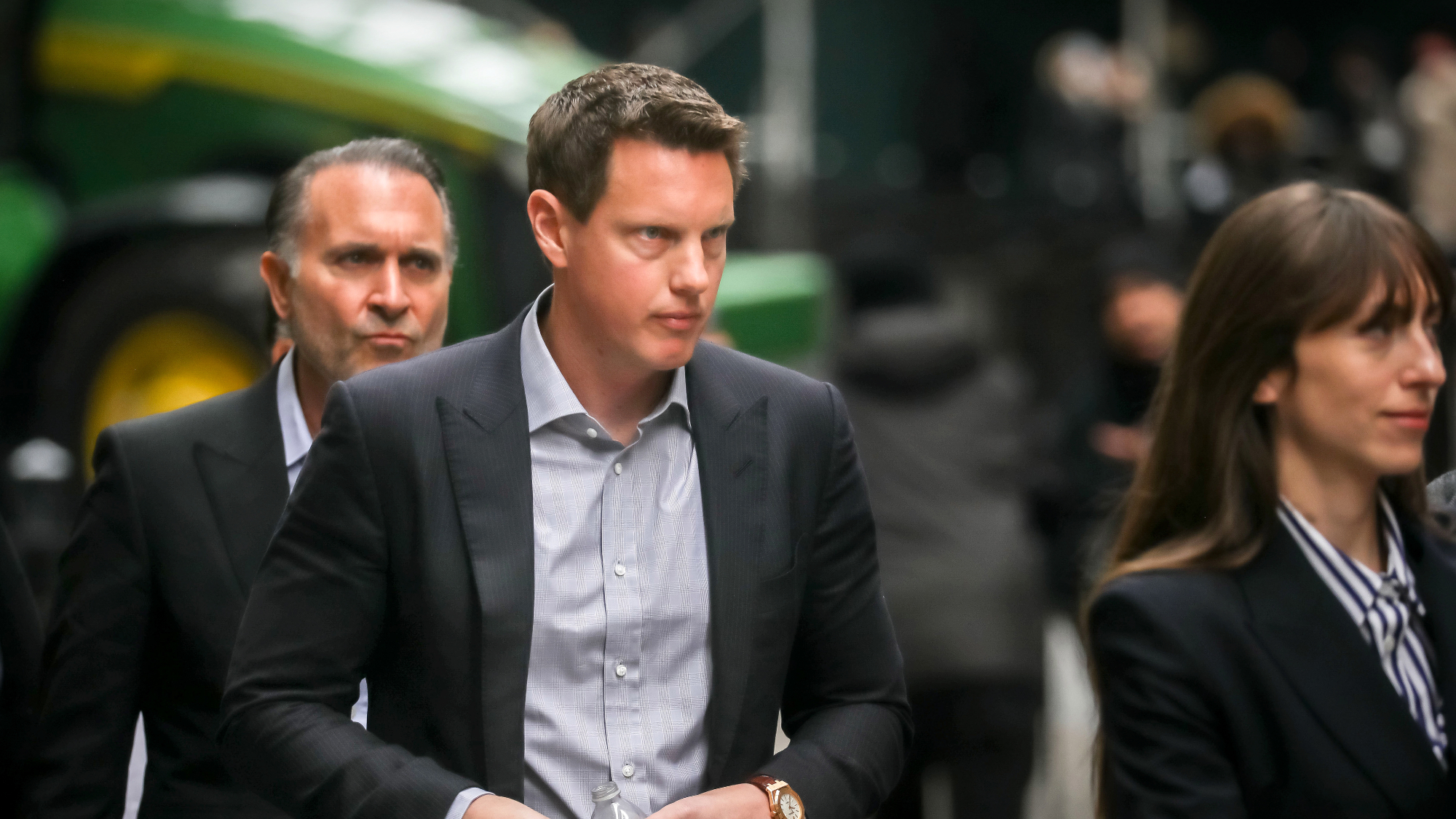 Paramount fights Netflix for Warner as Trump hovers
Paramount fights Netflix for Warner as Trump hoversSpeed Read Paramount Skydance is seeking to undo Netflix’s purchase of Warner Bros. Discovery
-
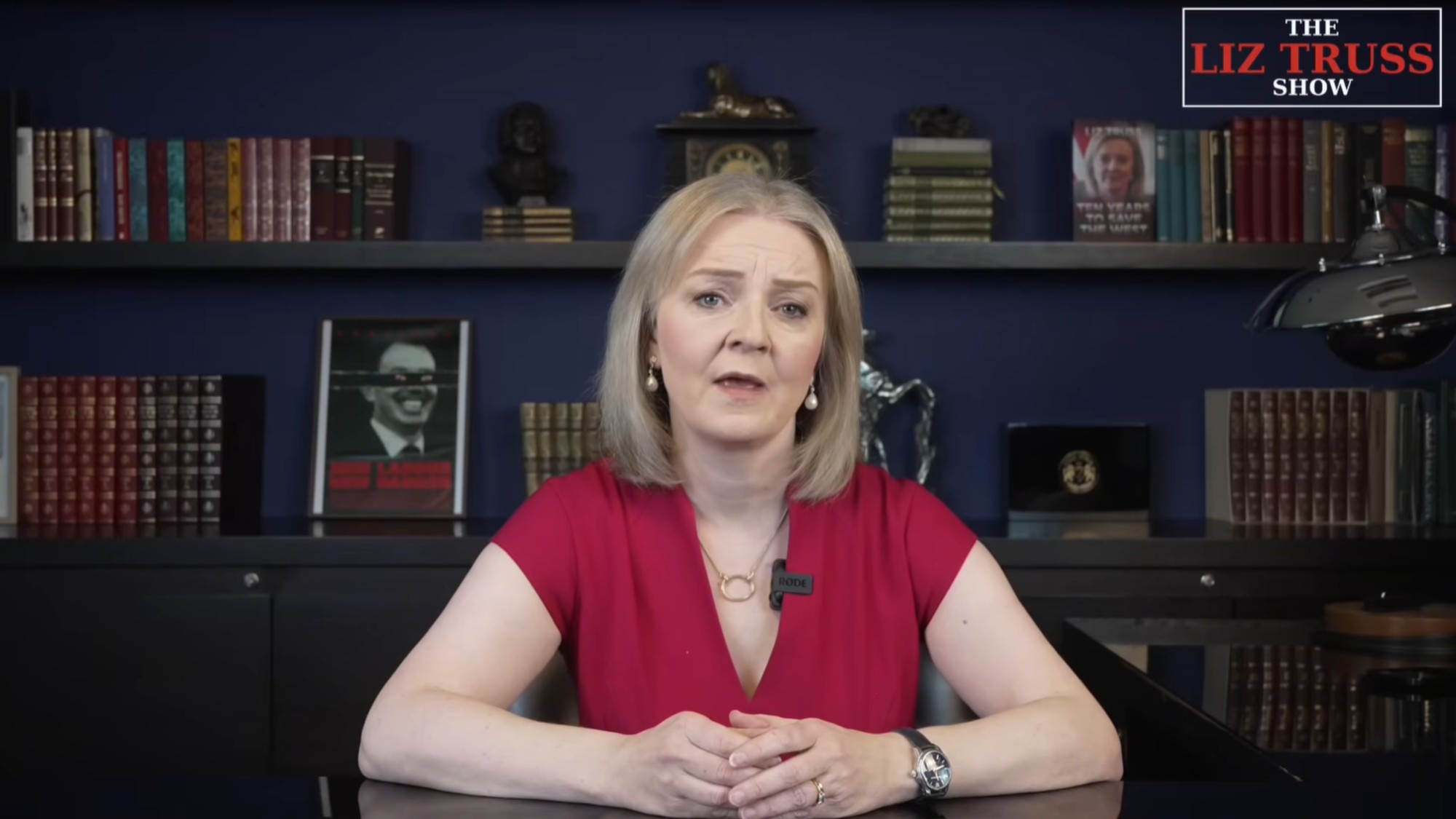 Who is The Liz Truss Show for?
Who is The Liz Truss Show for?Talking Point Former PM’s new weekly programme is like watching her ‘commit a drive-by on herself’
-
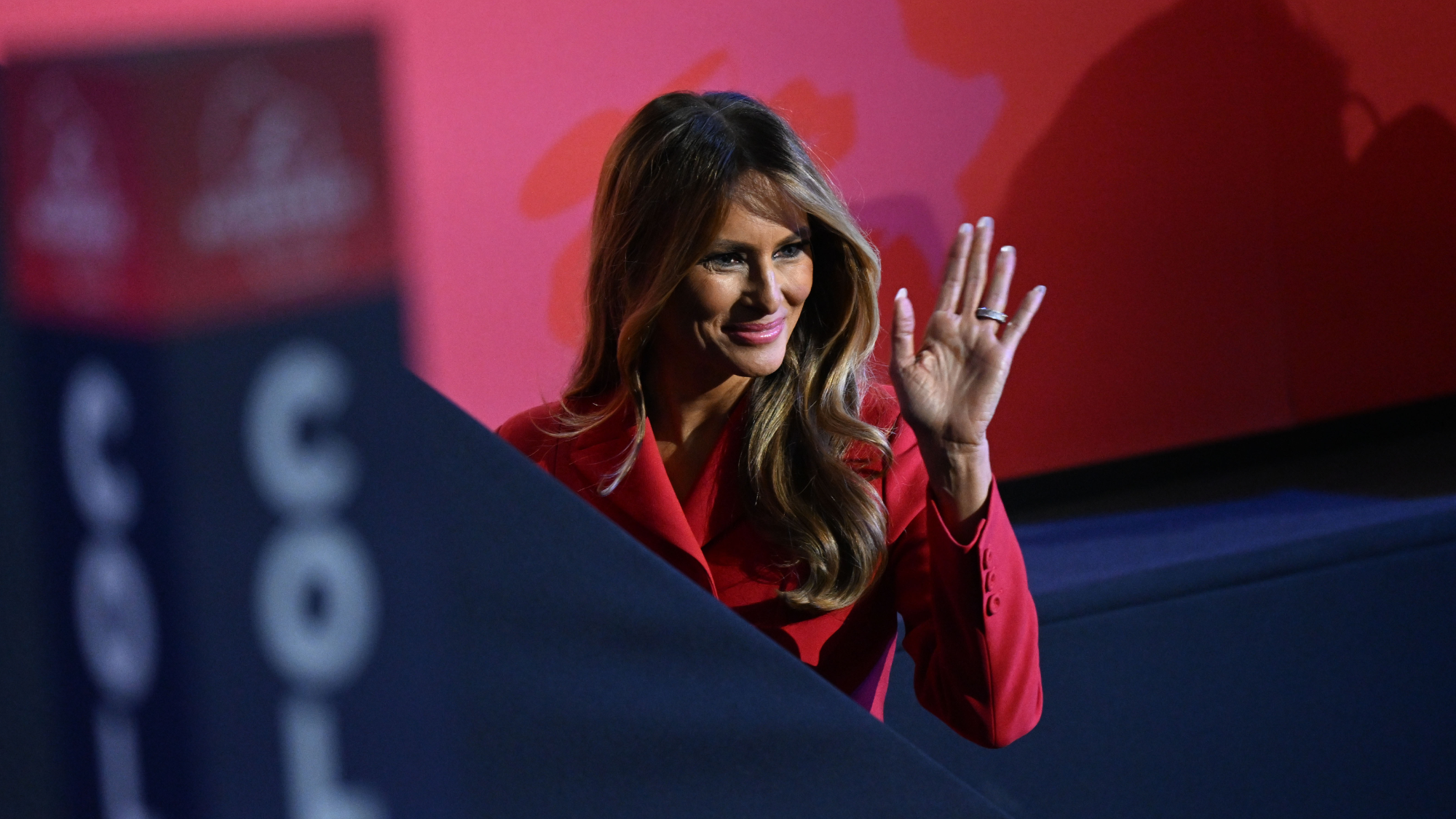 Why the Maga vibe shift spelled trouble for Teen Vogue
Why the Maga vibe shift spelled trouble for Teen VogueTalking Point As anti-feminist women’s magazines thrive, progressive titles are left out in the cold
-
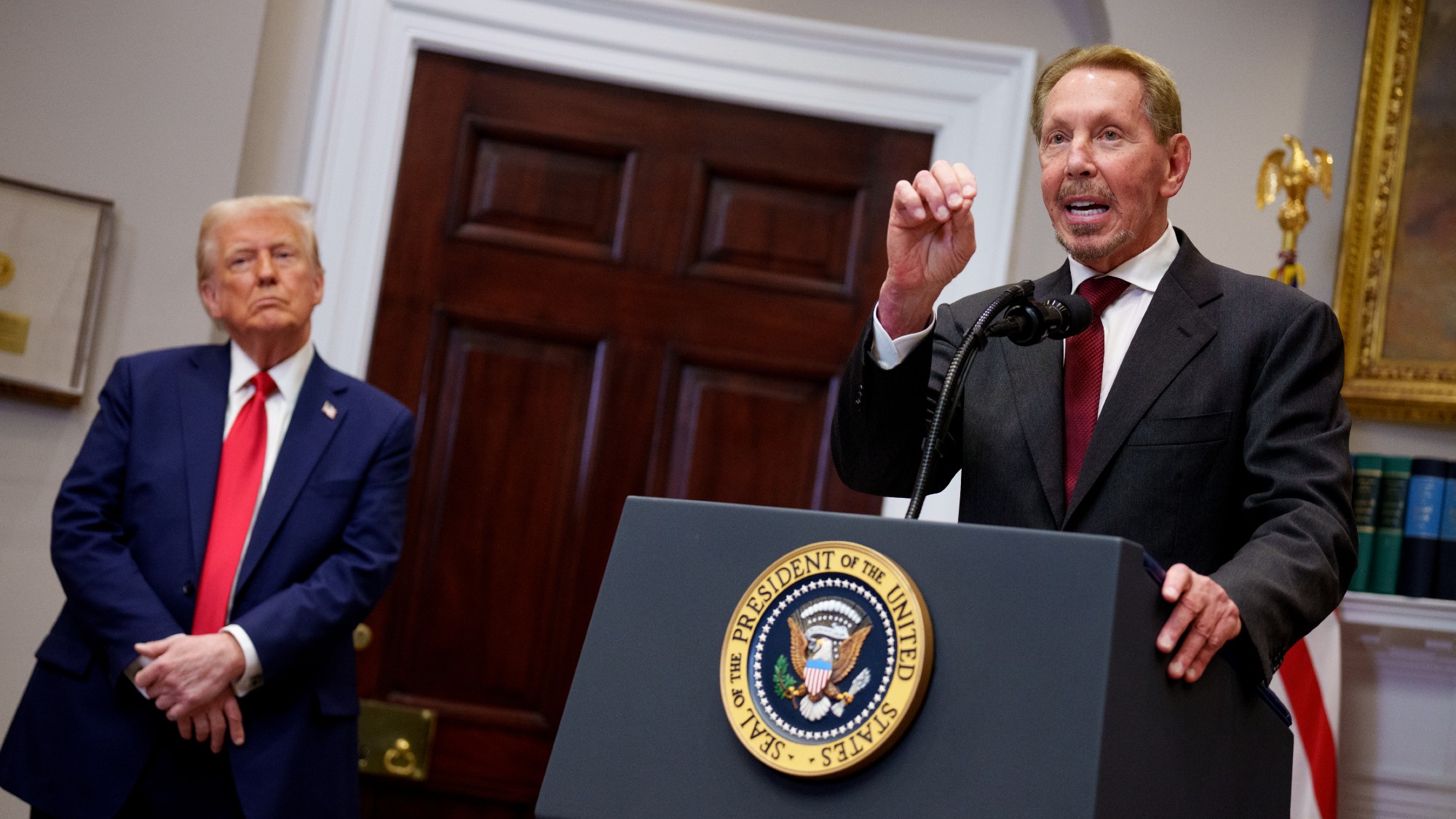 Larry Ellison: the billionaire’s burgeoning media empire
Larry Ellison: the billionaire’s burgeoning media empireIn the Spotlight Oracle founder’s takeover of traditional and new media companies labelled ‘dangerous for democracy’ by US press watchdog
-
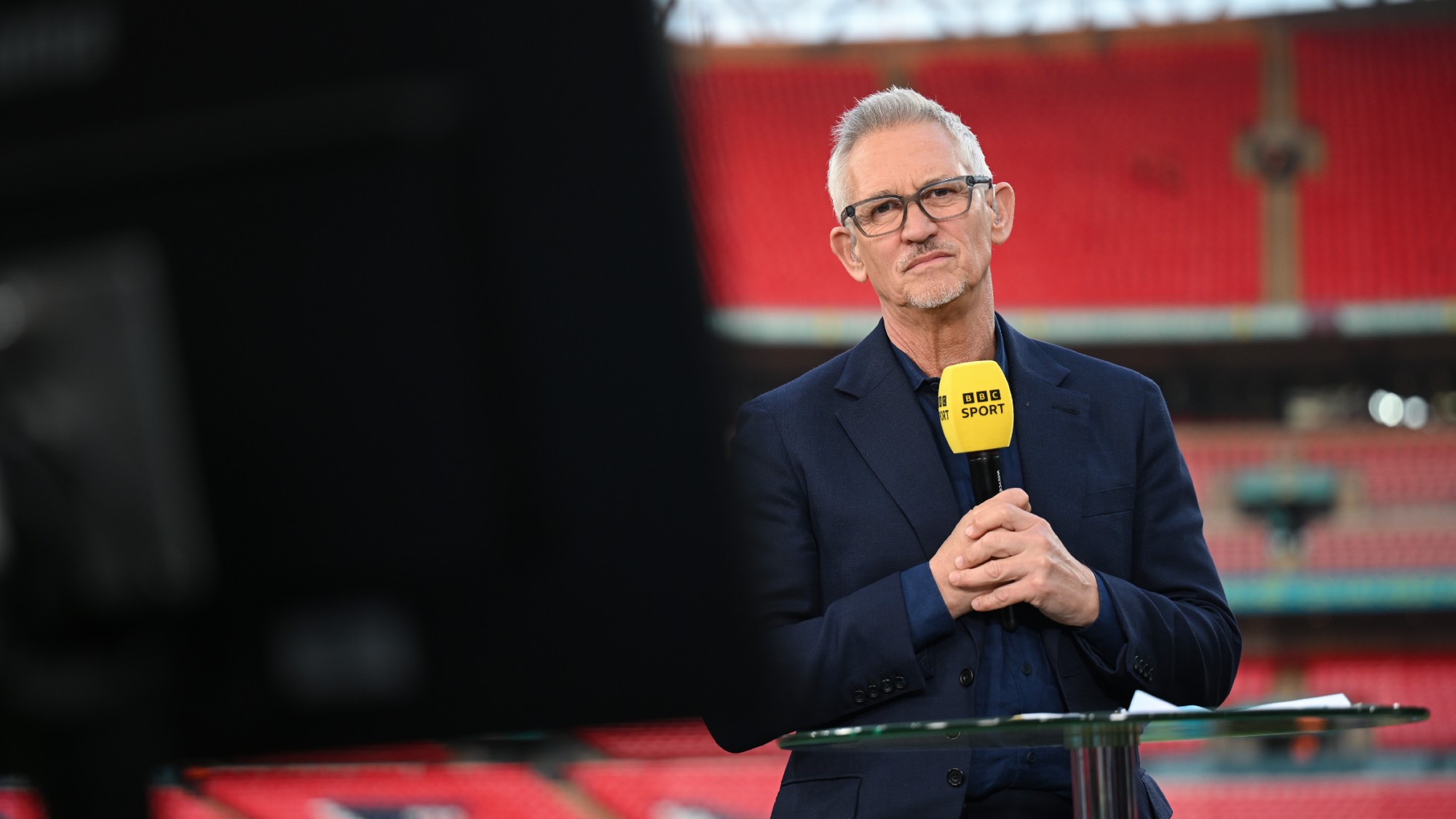 What are the impartiality rules for BBC presenters?
What are the impartiality rules for BBC presenters?The Explainer News presenters and hosts of 'flagship programmes' must adhere to tougher guidelines than other staff and freelancers
-
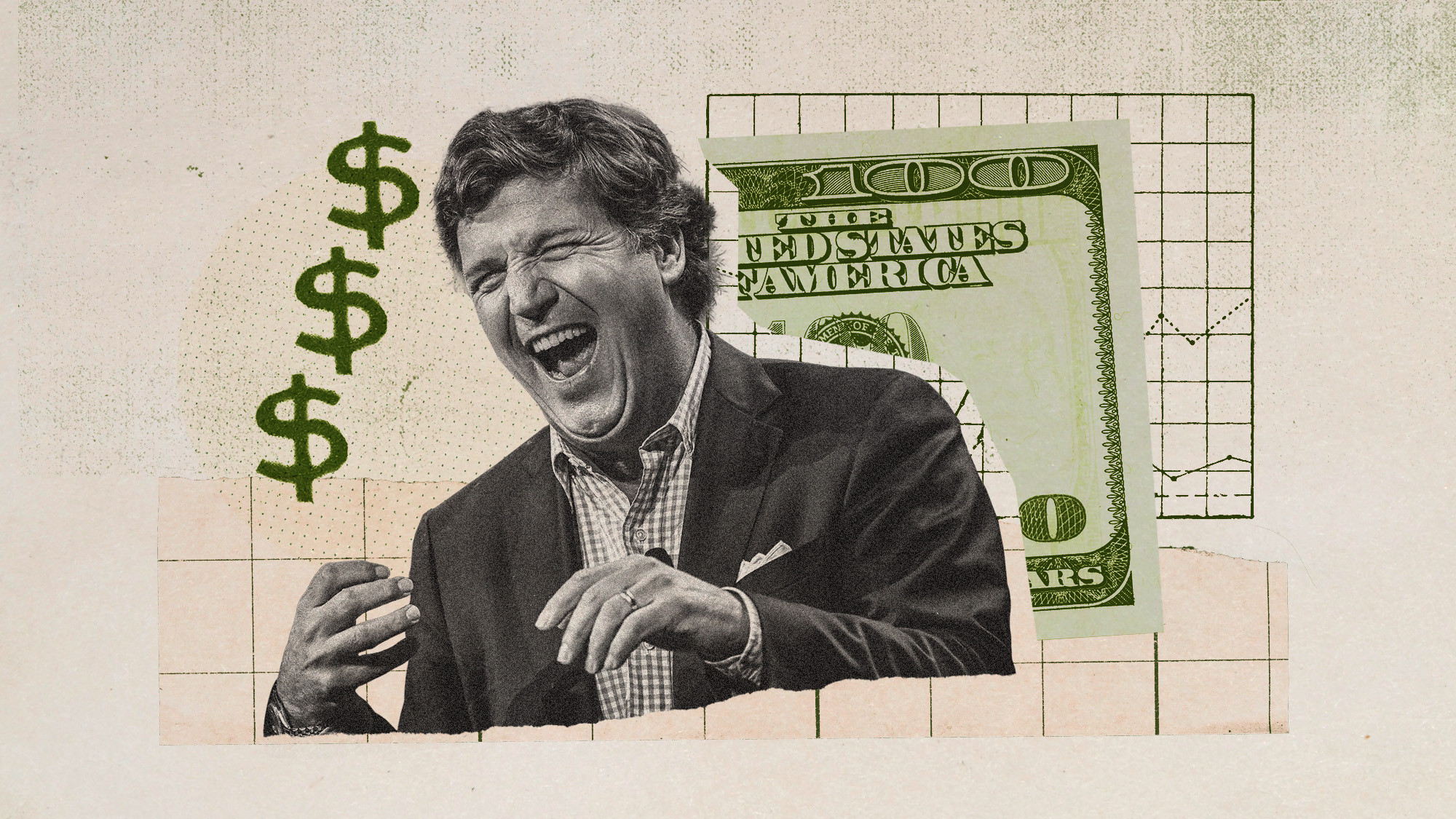 What's Tucker Carlson's net worth?
What's Tucker Carlson's net worth?The Explainer The far-right media figure has made millions since his embrace of Trumpism
-
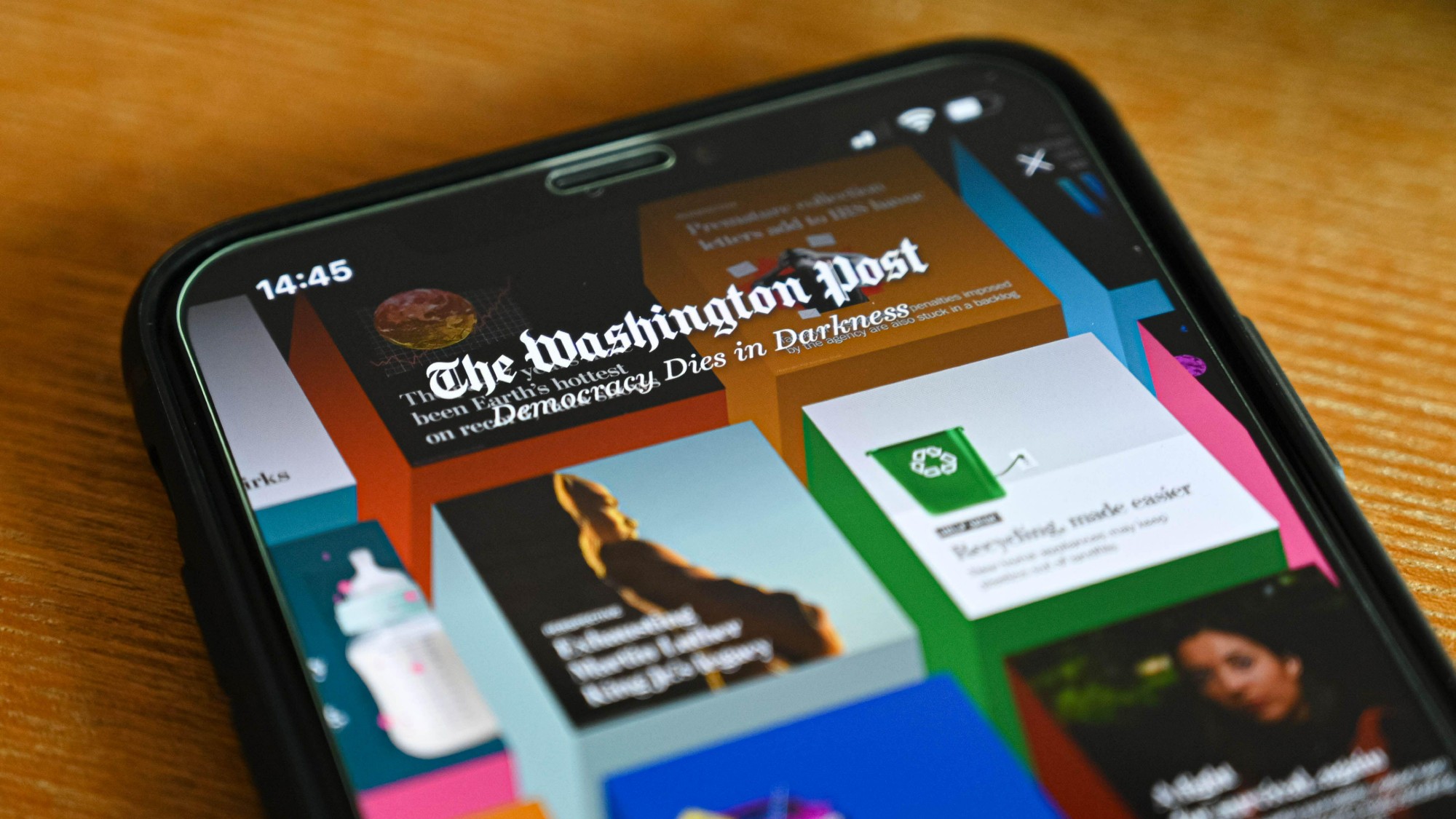 The Washington Post: kowtowing to Trump?
The Washington Post: kowtowing to Trump?Talking Point The newspaper's opinion editor has handed in his notice following edict from Jeff Bezos